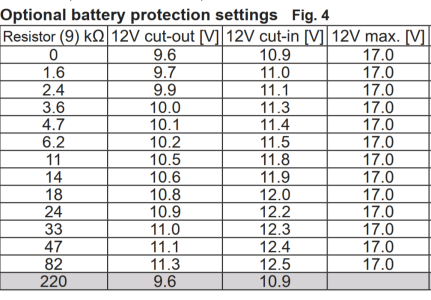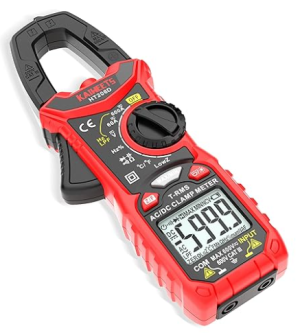vasant
Member
Hi all
I am wondering whether i miss something here in my calculations to understand what battery size would be proper.
So i have this famous BD35 based fridge and a 80AH NEW EXIDE battery.
I assume and I actually MEASURED that the compressor is consuming as per specs so lets say 3AMPS, lets assume 5 for simplicity....
With a 80 AH battery i think it shouldnt be too much expectation to let the fridge run for a couple of hrs even maybe more before it drops to 12.4 or 12.3 .
This isnt the case however even the fresh batetry will serve maybe an hour or so...
Do i miss smth?
Thanks all
I am wondering whether i miss something here in my calculations to understand what battery size would be proper.
So i have this famous BD35 based fridge and a 80AH NEW EXIDE battery.
I assume and I actually MEASURED that the compressor is consuming as per specs so lets say 3AMPS, lets assume 5 for simplicity....
With a 80 AH battery i think it shouldnt be too much expectation to let the fridge run for a couple of hrs even maybe more before it drops to 12.4 or 12.3 .
This isnt the case however even the fresh batetry will serve maybe an hour or so...
Do i miss smth?
Thanks all



